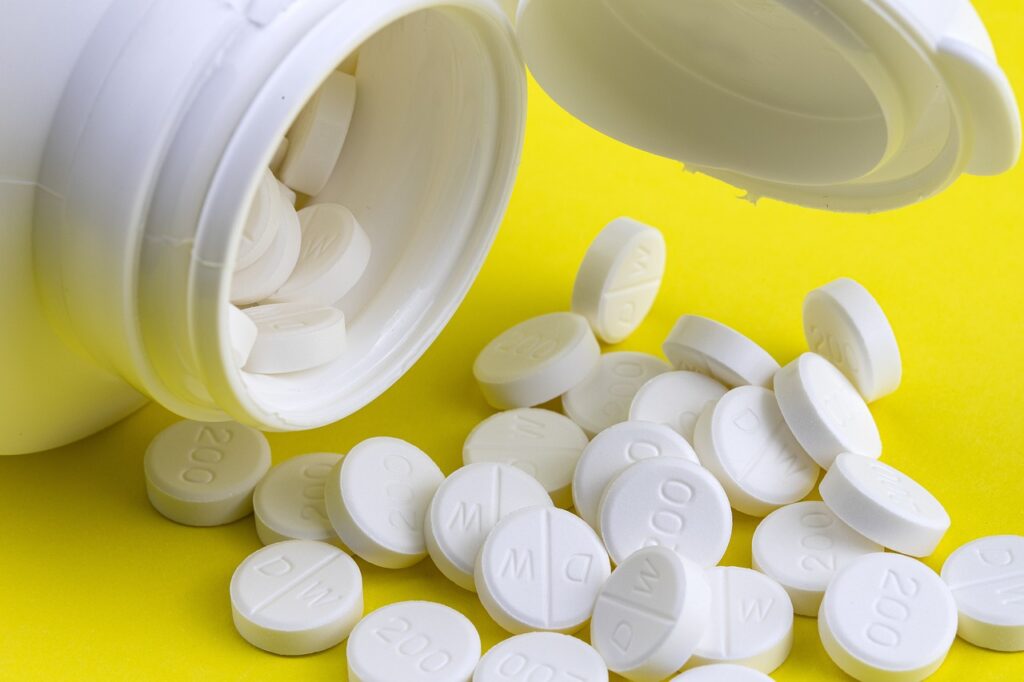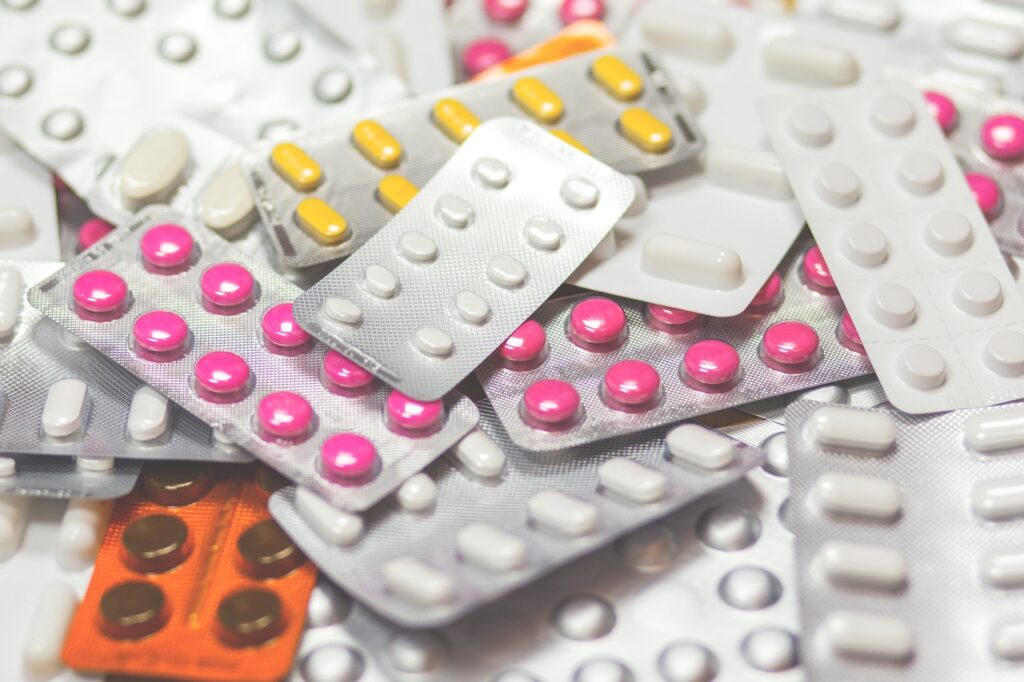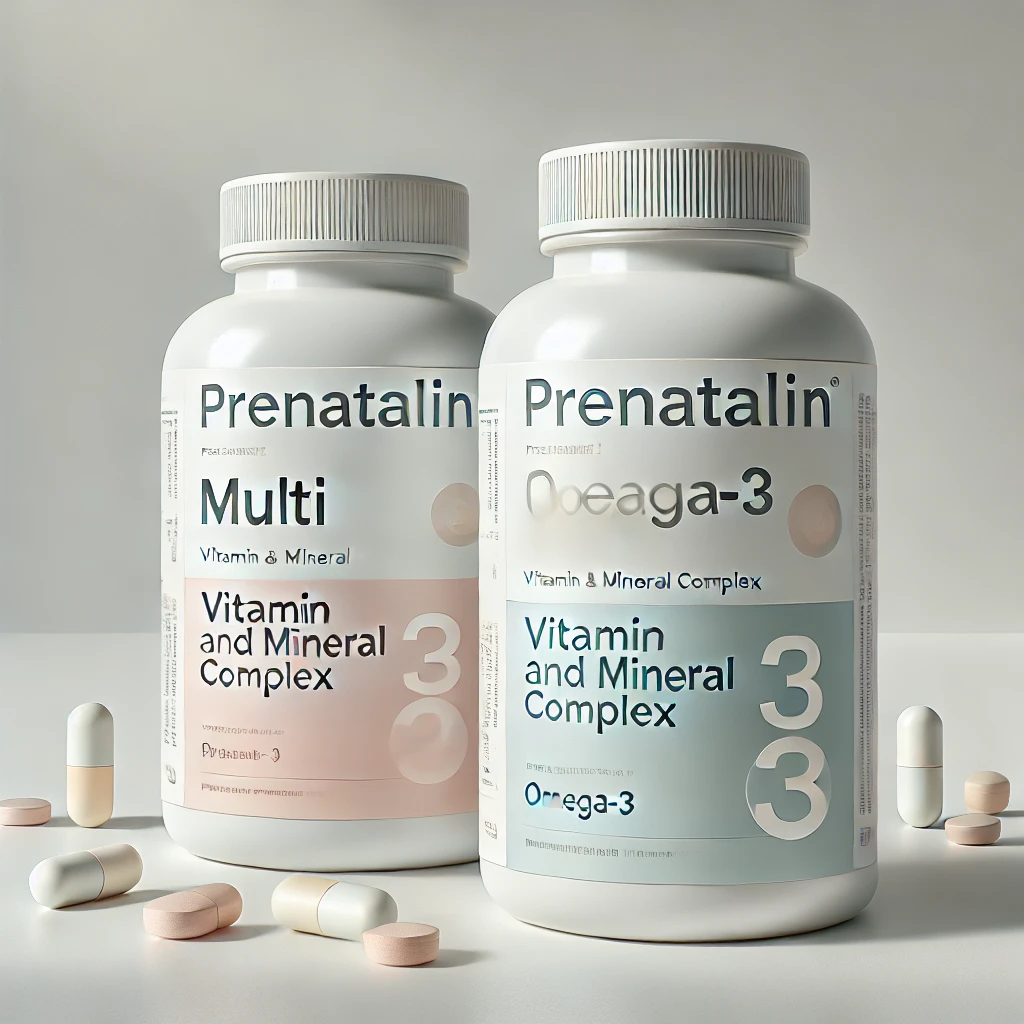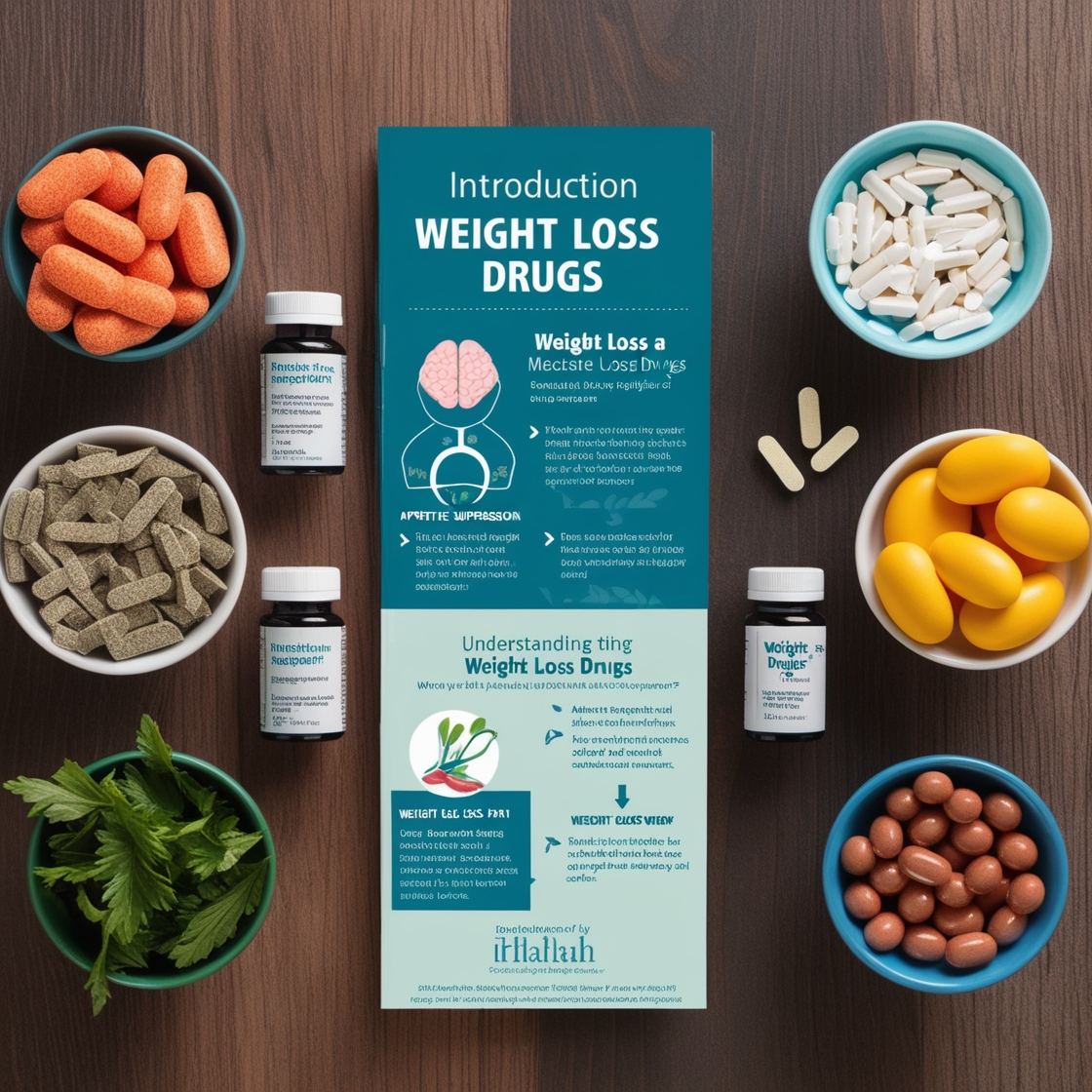Introduction
Weight Loss 20 Drugs, Losing weight is a journey filled with challenges, and for many, diet and exercise alone may not yield the desired results. This is where weight-loss drugs come into play. These medications can help accelerate the process, making it easier for people to achieve their health goals. But with so many options on the market, it’s crucial to understand which ones are most effective and safe.
Understanding Weight Loss Drugs
What Are Weight Loss Drugs?
Weight loss drugs are medications or supplements designed to assist in weight management. They can be prescribed by a doctor, purchased over the counter, or found in the form of herbal supplements. Their primary function is to help individuals reduce body weight, often by influencing appetite, metabolism, or fat absorption.

How Do They Work?
Weight loss drugs work through various mechanisms:
Appetite Suppression
Some drugs reduce hunger by affecting brain chemicals, making you feel fuller for longer.
Fat Absorption Inhibition
Others, like Orlistat, block the absorption of fat in the digestive system, reducing calorie intake.
Metabolic Rate Enhancement
Certain medications boost your metabolism, helping your body burn more calories at rest.
Top 20 Weight Loss Drugs
Prescription Weight Loss Drugs
Orlistat (Alli, Xenical)
Orlistat blocks fat absorption in the intestines. It’s available both as a prescription (Xenical) and over-the-counter (Alli).
Phentermine (Adipex-P, Lomaira)
Phentermine suppresses appetite and is one of the most commonly prescribed weight loss drugs.
Semaglutide (Wegovy, Ozempic)
Originally used for diabetes, Semaglutide also helps with weight loss by controlling appetite.

Liraglutide (Saxenda)
Liraglutide slows gastric emptying and helps reduce hunger.
Naltrexone-Bupropion (Contrave)
This combination drug affects brain pathways to control cravings and manage hunger.
Phentermine-Topiramate (Qsymia)
A combination of appetite suppression and increased calorie burn makes Qsymia highly effective.
Over-the-Counter Weight Loss Drugs
Alli (OTC Orlistat)
Alli is the non-prescription version of Orlistat, helping to block fat absorption.
Green Tea Extract
Known for its antioxidant properties, green tea extract can boost metabolism and fat burning.
Garcinia Cambogia
This tropical fruit extract may inhibit fat production and curb appetite.
Conjugated Linoleic Acid (CLA)
CLA helps reduce body fat and increase lean muscle mass.

Glucomannan
This fiber supplement promotes a feeling of fullness, reducing overall calorie intake.
Herbal and Natural Weight Loss Supplements
Forskolin
Extracted from the Coleus plant, Forskolin may help release stored fat.
Raspberry Ketones
These compounds found in raspberries can boost fat metabolism.
Bitter Orange (Synephrine)
Synephrine is a natural stimulant that can increase calorie burn.
Caffeine-Based Pills
Caffeine enhances focus and energy while promoting fat breakdown.
Experimental and Emerging Weight Loss Drugs
Setmelanotide (Imcivree)
Primarily for rare genetic disorders, Setmelanotide regulates hunger.
Tesofensine
This experimental drug shows promise in boosting weight loss by influencing brain chemicals.

Bimagrumab
Initially developed for muscle wasting diseases, Bimagrumab helps reduce body fat while preserving muscle.
Composition Table of Top Weight Loss Drugs
Here’s a detailed table outlining the composition, active ingredients, and common uses of the top weight loss drugs mentioned earlier:
| Drug Name | Active Ingredient(s) | Drug Type | Primary Mechanism | Usage |
|---|---|---|---|---|
| Orlistat (Xenical, Alli) | Orlistat | Prescription/OTC | Inhibits fat absorption | Used for long-term weight management |
| Phentermine (Adipex-P) | Phentermine hydrochloride | Prescription | Appetite suppressant (stimulates CNS) | Short-term obesity treatment |
| Semaglutide (Wegovy) | Semaglutide | Prescription | Mimics GLP-1 hormone, reduces appetite | Chronic weight management in adults |
| Liraglutide (Saxenda) | Liraglutide | Prescription | GLP-1 receptor agonist | Helps with weight loss and blood sugar control |
| Naltrexone-Bupropion (Contrave) | Naltrexone HCl, Bupropion HCl | Prescription | Regulates hunger and cravings | Used for weight loss in adults |
| Phentermine-Topiramate (Qsymia) | Phentermine, Topiramate | Prescription | Appetite suppressant and increased calorie burn | Weight management for obese patients |
| Alli (OTC Orlistat) | Orlistat | OTC | Inhibits dietary fat absorption | Supports calorie reduction through fat loss |
| Green Tea Extract | EGCG (Epigallocatechin gallate) | OTC/Herbal | Boosts metabolism | Enhances fat burning, often in supplements |
| Garcinia Cambogia | Hydroxycitric Acid (HCA) | OTC/Herbal | Blocks fat production, suppresses appetite | Popular in natural weight loss supplements |
| Conjugated Linoleic Acid (CLA) | Linoleic Acid Isomers | OTC/Herbal | Reduces body fat | Promotes lean muscle mass |
| Glucomannan | Konjac Root Fiber | OTC/Herbal | Expands in the stomach to promote fullness | Reduces appetite and calorie intake |
| Forskolin | Coleus forskohlii Extract | Herbal | Increases fat breakdown | Often used in herbal weight loss supplements |
| Raspberry Ketones | Natural Raspberry Compounds | OTC/Herbal | Boosts fat metabolism | Enhances fat oxidation and metabolism |
| Bitter Orange (Synephrine) | Synephrine | Herbal | Stimulant, increases calorie burn | Natural alternative to ephedrine-based products |
| Caffeine-Based Pills | Caffeine | OTC/Herbal | Stimulates CNS, increases fat breakdown | Boosts energy and promotes fat burning |
| Setmelanotide (Imcivree) | Setmelanotide | Prescription | Regulates hunger pathways in the brain | Used for genetic obesity disorders |
| Tesofensine | Tesofensine | Experimental | Inhibits appetite-related neurotransmitters | Under research for obesity treatment |
| Bimagrumab | Bimagrumab | Experimental | Blocks receptors to reduce fat mass | Investigated for weight loss and muscle retention |
This table provides a concise overview of the key weight loss drugs, their active components, and how they assist in managing weight. Always consult a healthcare provider before starting any weight loss medication.
Benefits and Risks of Weight Loss Drugs
Pros of Using Weight Loss Medications
- Significant weight reduction
- Improved management of obesity-related conditions
- Boosted confidence and mental health
Common Side Effects
- Nausea
- Diarrhea
- Headaches
Serious Health Risks
- Increased heart rate
- High blood pressure
- Risk of dependency on certain medications

Who Should Consider Weight Loss Drugs?
Ideal Candidates
Weight loss drugs are typically recommended for individuals with a BMI over 30 or those with obesity-related health issues.
Medical Conditions That May Require Weight Loss Drugs
Conditions such as type 2 diabetes, hypertension, and sleep apnea may necessitate medical weight management.
Lifestyle Changes to Maximize Results
Importance of Diet
A balanced diet enhances the effectiveness of weight loss drugs.
Role of Exercise
Regular physical activity boosts metabolism and complements medication.
Behavioral Therapy
Addressing emotional triggers for overeating is key to long-term success.
How to Choose the Right Weight Loss Drug
Consulting a Healthcare Professional
Always consult a doctor to choose the safest and most effective option.
Evaluating Personal Goals and Medical History
Understanding your health background ensures the right medication is selected.
Conclusion
Weight loss drugs can be a valuable tool in managing obesity and improving overall health. However, they are most effective when combined with lifestyle changes such as a healthy diet and regular exercise. Always consult with a healthcare provider to find the best approach for your individual needs.
FAQs
1. What is the most effective weight loss drug?
Semaglutide (Wegovy) has shown significant results in clinical trials for weight loss.
2. Are weight loss drugs safe?
Most are safe when used under medical supervision, but they come with potential side effects.
3. Do I need a prescription for weight loss medication?
Some weight loss drugs require a prescription, while others are available over the counter.
4. How long should I take weight loss drugs?
The duration depends on individual goals and medical advice, often ranging from a few months to years.
5. Can weight loss drugs replace diet and exercise?
No, they work best when combined with a healthy lifestyle.

